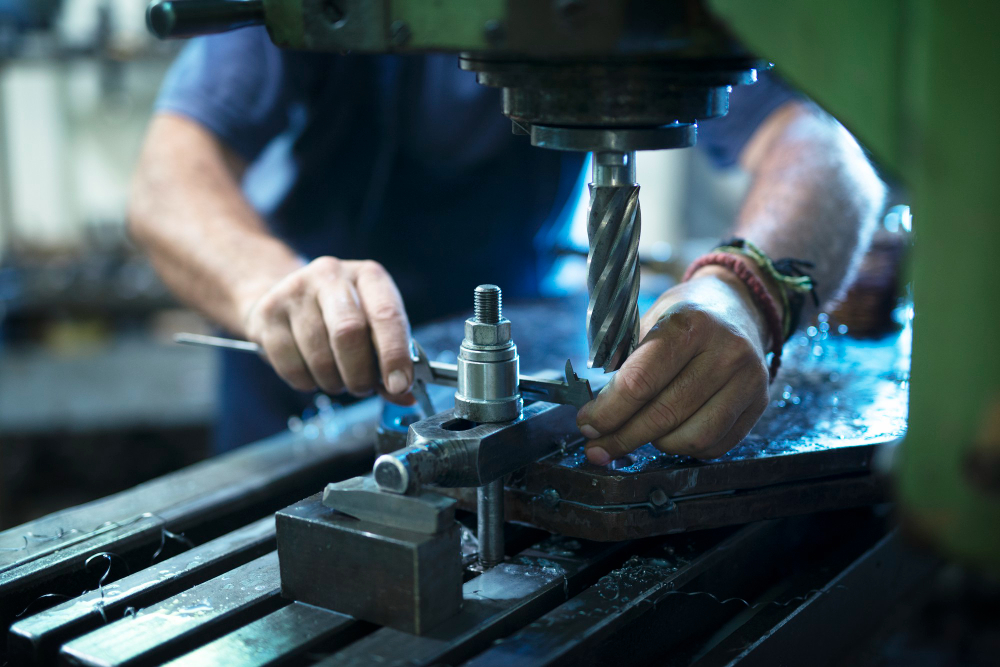Mechanical Testing
Mechanical testing is a crucial set of procedures used to evaluate the mechanical properties and performance of materials and components under various conditions. It involves subjecting a material to controlled stress, strain, or other mechanical forces to understand its behavior, strength, and durability. Mechanical testing is widely used in industries such as manufacturing, aerospace, automotive, and materials science to ensure the quality and reliability of materials and products.

Types of Mechanical Testing:
Tensile Testing
Tensile testing is performed to determine the tensile strength, yield strength, and elongation of a material. A specimen is subjected to axial tension until it fractures, allowing engineers to assess how the material responds to stretching forces.
Compression Testing
Structural inspections involve a more in-depth examination of the tower’s physical components, including its foundation, support structures, and connections. Engineers assess the tower’s capacity to withstand environmental forces such as wind, ice, and seismic activity.
This type of testing is essential for materials used in columns, pillars, and other structures subjected to compression forces
Hardness Testing
Hardness testing measures a material’s resistance to indentation or scratching. Common hardness tests include Rockwell, Brinell, and Vickers tests. This helps assess a material’s wear resistance, toughness, and overall hardness.
Fatigue Testing
Fatigue testing simulates cyclic loading conditions to assess a material’s resistance to repeated stress and strain. This is crucial in understanding how materials will perform under real-world, cyclic loading conditions, such as those experienced by components in machinery or vehicles.
Bend Testing
Bend testing is used to evaluate a material’s ductility and flexibility. A specimen is subjected to bending forces until it fractures or exhibits specific deformations, providing insights into the material’s behavior under bending stresses.
Benefits
Mechanical testing is instrumental in ensuring the quality and reliability of materials used in manufacturing. By understanding how materials respond to various forces, manufacturers can identify potential weaknesses and defects.
Mechanical testing helps in selecting the right materials for specific applications based on their mechanical properties. Engineers can choose materials that meet the required strength, hardness, and durability criteria for a given application.
Testing allows for the prediction of a material's performance under different conditions, helping engineers design products that will withstand the stresses and strains they are likely to encounter during their lifecycle.
Mechanical testing plays a crucial role in research and development, enabling scientists and engineers to explore new materials, formulations, and manufacturing processes. This contributes to the advancement of materials science and technology.
In the event of a failure or defect, mechanical testing can be used to analyze and understand the root cause. This information is valuable for improving designs, addressing weaknesses, and preventing future failures.
Many industries are subject to regulations and standards that dictate the mechanical properties of materials used in their products. Mechanical testing ensures compliance with these standards and helps meet regulatory requirements.
